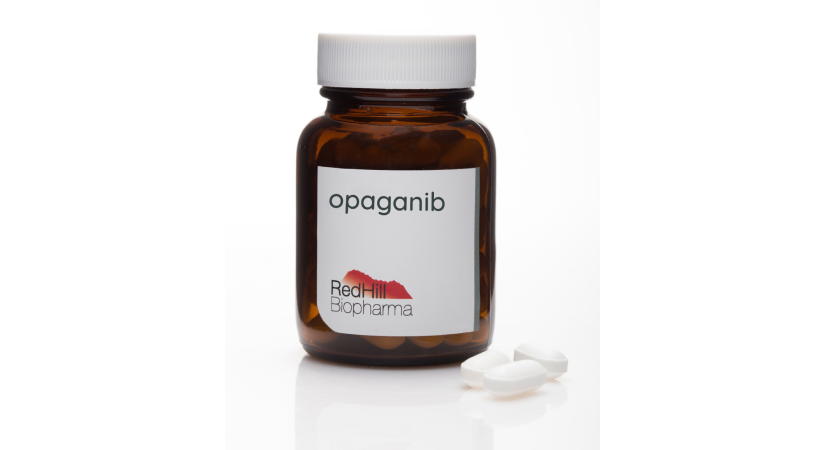Opaganib Targets Novel Pathway in Obesity and Diabetes Treatment
Opaganib shows promise in tackling HFD-induced weight gain and glucose intolerance via a novel pathway.
Breaking News
Aug 20, 2024
Mrudula Kulkarni

RedHill Biopharma has revealed encouraging findings from in
vivo tests carried out by Apogee Biotechnology Corporation, a partner,
demonstrating opaganib's effects on glucose tolerance and weight gain in a
high-fat diet (HFD) model. The trials, which looked at the basic causes of
diabetes and obesity-related diseases, demonstrated how effective opaganib
treatment is in reducing body weight growth, glucose intolerance loss, and fat
accumulation brought on by a high-fat diet. Furthermore, in an already obese HFD
animal, opaganib therapy reversed weight gain and improved glucose tolerance,
indicating its promise for treating diseases associated with obesity.
Sphingolipid metabolism is a crucial route in many
illnesses, including obesity, according to RedHill Chief Scientific Officer Dr.
Mark Levitt. However, it has not been sufficiently studied as a therapeutic
target for human therapy. Targeting three important enzymes in this pathway,
opaganib is the first therapeutic medication to operate as a sphingosine
competitor. By 2034, the global market for obesity-diabetes medications is
expected to be valued at approximately $100 billion. The primary drivers of this
market are GLP-1 inhibitors, such as Wegovy and Ozempic from Novo Nordisk,
Trulicity and Mounjaro from Eli Lilly, and Jardiance from Boehringer Ingelheim,
which inhibits sodium glucose cotransporter-2 (SGLT2).
